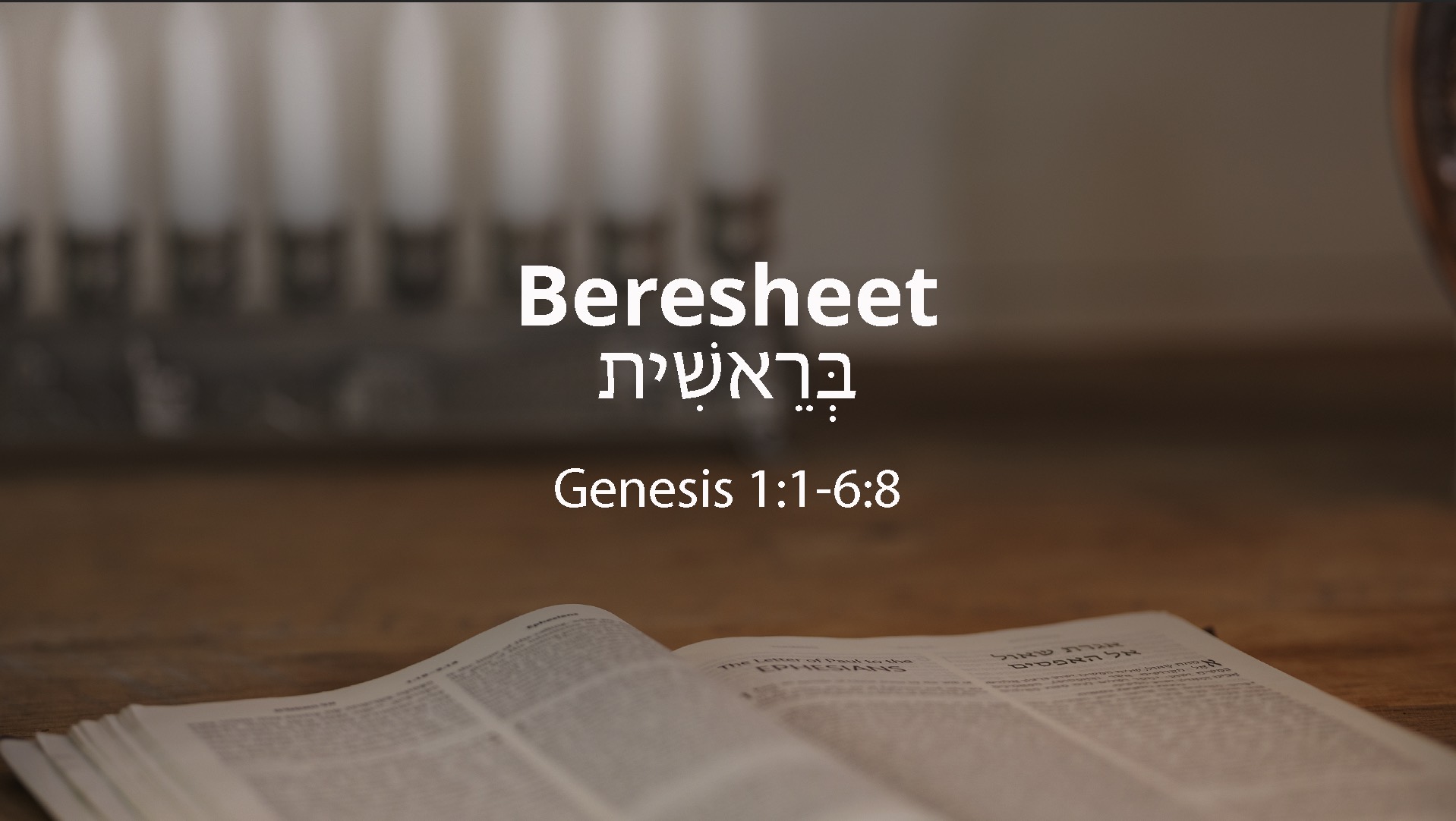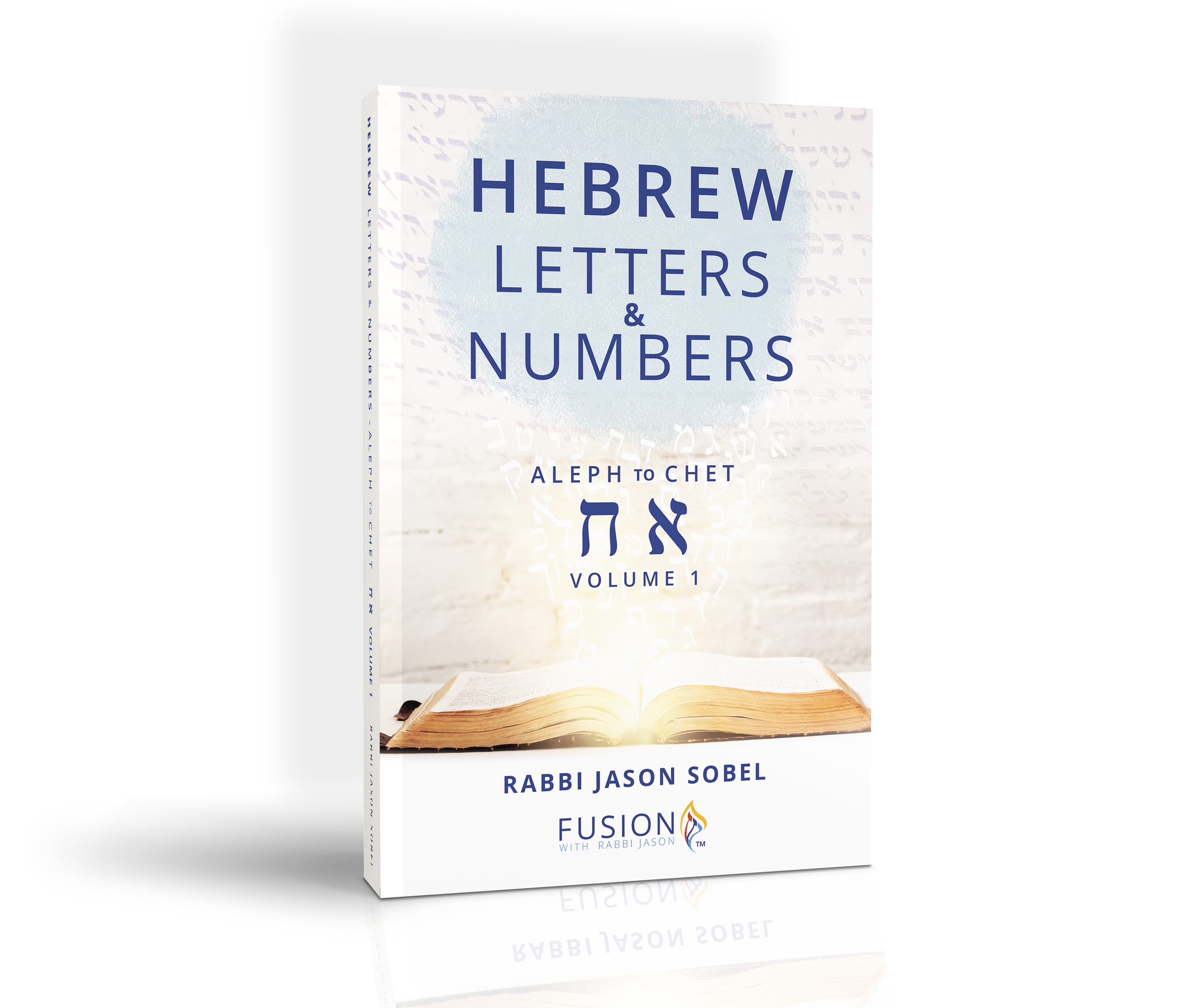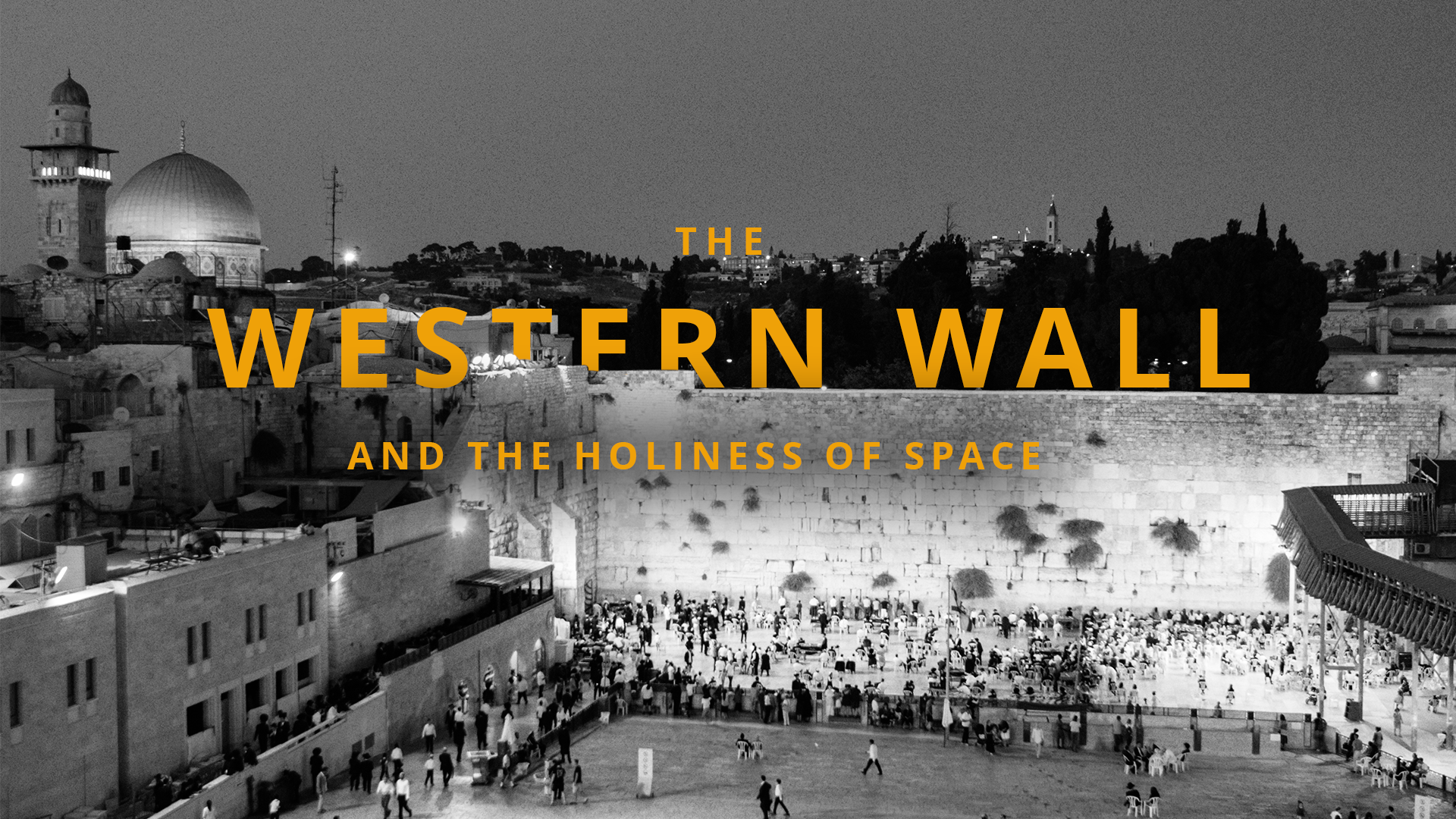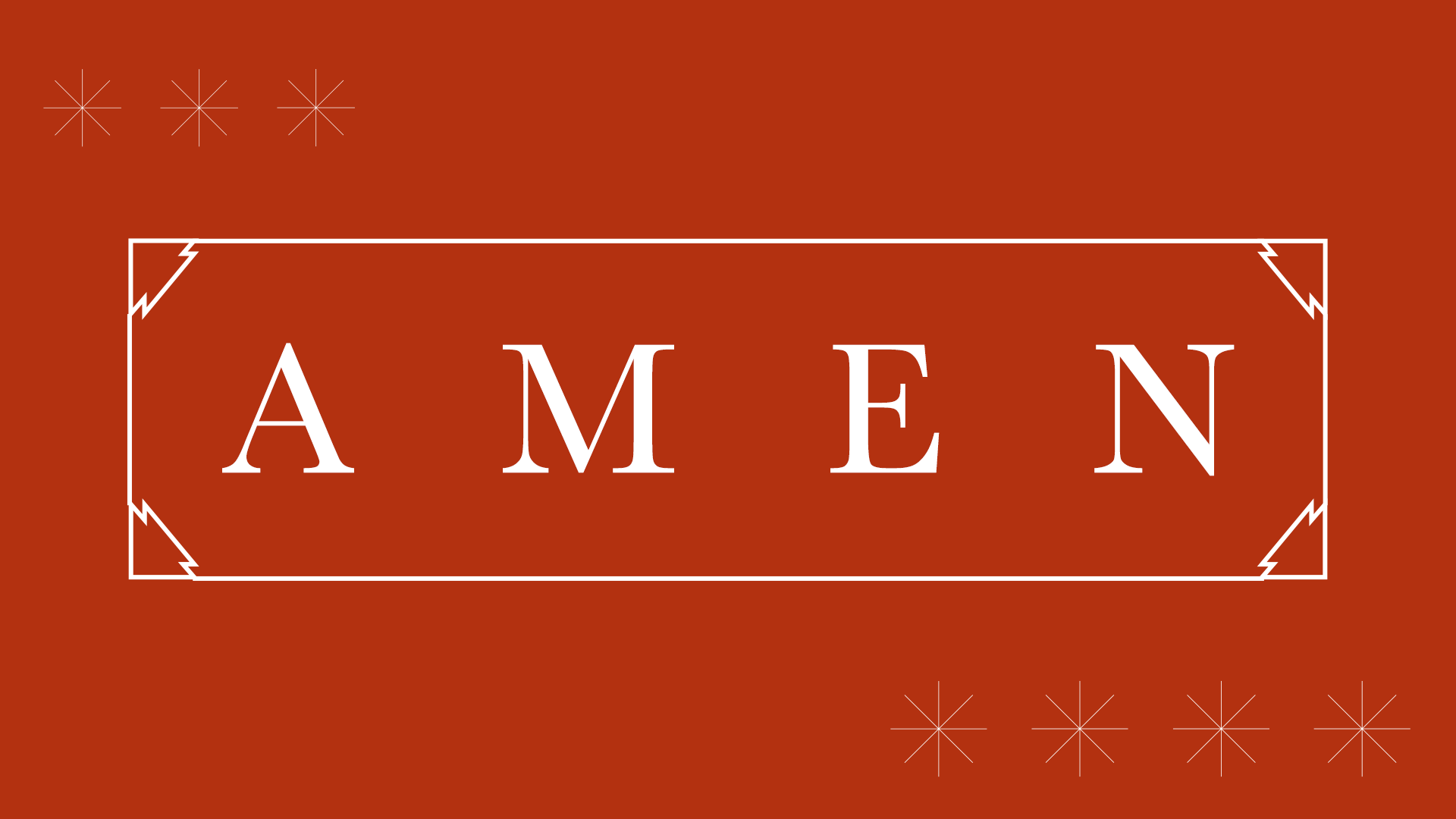Parashat Beresheet / פָּרָשַׁת בְּרֵאשִׁית
Genesis 1:1-6:8
Genesis 1:1 “In The Beginning God Created…” | Torah Portion: Parashat Beresheet


A Prelude to “In The Beginning”
The Hebrew word Beresheet or sometimes spelled Bereshit means beginning.
Surrendering to God’s beginnings instead of trying to make our own requires acknowledging and understanding our place in the grand scheme of things. God, being the creator of all things, predates any concept of beginnings. He is the ultimate source of all existence and has the power to bring forth new life and renewal.
As we enter a new year or embark on any new phase of life, we often feel compelled to take matters into our own hands. We may strive to cleanse ourselves or pursue righteousness through our own efforts. However, God does not require us to prove our worthiness or make our own beginnings. Instead, He invites us to let Him work within us and guide us towards His divine purposes.
In embracing God’s beginnings, we find solace and reassurance. Only He can grant us truly new and beautiful beginnings because He transcends the limitations of time and space. He existed before all things and continues to be the sole possessor of the power to initiate new beginnings.
To surrender to God’s beginnings means placing our trust in Him completely. It means relinquishing our need for control and acknowledging that He alone holds the authority to shape our paths. By humbly submitting ourselves to His will, we allow Him to chart our course and guide us towards the extraordinary plans He has for our lives.
In the year ahead, let us surrender to God’s beginnings rather than attempting to forge our own. Take comfort in knowing that before all things, He already exists and is fully capable of leading us toward a future far greater than anything we could achieve on our own.
Parashat Beresheet the Torah Portion for this week begins with Genesis 1:1 and the Divine name used for God in the creation account: Elohim. Elohim comes from the Hebrew word El which can mean “power” or “might.” We see this in Genesis 31:29, in which Laban confronts Jacob: “It is in the power (b’el) of my hand to do evil with you.” Elohim describes God as the all-powerful Omnipotent One who has absolute power and control over everything. The fact that both Elohim and hateva (“nature”) have the same numerical value (86) underscores this concept. Elohim (86) is the One who created and has complete power over all creation (86).
But there is another significant connection between Elohim and “nature.” The Ten Commandments state, “I am the Lord your God…you will have no other gods beside me” (Exodus 20:2-3). The Hebrew word used for “other gods” in this verse is elohim. Initially, this might seem strange, but it makes perfect sense when one understands that those who worshiped idols in biblical times ascribed divinity to the “powers” (connected to the El and Elohim) of “nature” (hateva/rahd).
But what is at the root of this folly? The answer is alluded to by the numerical connection between nature and God. “Creation/nature” (86) conceals the “power” (86) of “God” (86). Creation demonstrates God’s power and goodness, but sin has severely impacted our ability to distinguish between the Creator and the creation. As Paul writes:
“For the wrath of God is revealed from heaven against all ungodliness and unrighteousness of men…His invisible attributes—His eternal power and His divine nature—have been clearly seen ever since the creation of the world, being understood through the things that have been made. So people are without excuse—for even though they knew God, they did not glorify Him as God or give Him thanks. Instead, their thinking became futile, and their senseless hearts were made dark. Claiming to be wise, they became fools. They exchanged the glory of the immortal God for an image in the form of mortal man and birds and four-footed beasts and creeping things.“ – Romans 1:18-23
The name Elohim not only speaks to God as the Creator—it is also linked to God as Judge, as we see above in Romans 1. In Jewish thought, Elohim represents God’s attribute of justice, while YHVH/Jehovah (“LORD”) represents His attributes of mercy and kindness.
But why is this distinction important to understand? As we saw above, “86” points to the fact that “nature” (hatevah/86) conceals “God” (Elohim/86). We see this distinction in Yeshua, whose first coming embodied Elohim—God hidden in nature. At the Incarnation, the Word who became flesh was God concealed in human nature and physical form. His death on the cross also revealed God’s attribute of justice and the need for Him to judge sin, the world, and the devil. Yeshua’s judgment through His suffering and death led to divine justice and the revelation of God as Elohim.
Yeshua revealed God’s justice, but not as the world understands or expresses it. Yeshua’s ministry and death displayed God’s justice while also demonstrating the divine mercy and compassion associated with the other divine name used in the creation account: YHVH (“LORD”). But in Yeshua’s day, the masses didn’t fully comprehend either aspect that Messiah came to reveal. The religious leaders wanted Yeshua to demonstrate that He was the Messiah by embodying Elohim’s attributes. They wanted Him to use His power to judge the Gentiles and sinners who were oppressing and corrupting Israel. In contrast, the masses flocked to Him when He embodied YHVH’s attributes by feeding, healing, and caring for the people.
The people saw glimpses of both Elohim and YHVH, but most could not understand who Yeshua was. His hidden divinity as Elohim made it hard for people to see beyond His physical being. His true identity was hidden like that of God’s identity in nature. The Divine clothed and concealed in the garments of gashmius—physicality. But after the Resurrection, those who had “eyes to see” recognized Him as both Elohim and YHVH.
It is for this reason that…
“God highly exalted Him and gave Him the name that is above every name, that at the name of Yeshua every knee should bow, in heaven and on the earth and under the earth, and every tongue profess that Yeshua the Messiah is Lord—to the glory of God the Father.” – Philippians 2:9-11
He is truly worthy of our worship!
What is God beginning in us in this new season?
In this new season, God is igniting a transformative and divine spark within us. He invites us to surrender our own plans and ambitions, and instead trust in His perfect vision for our lives. As we embrace His beginnings, we find solace in the truth that God existed before anything else came into being. He alone has the power to grant us a fresh start, one that is authentically new and exquisitely beautiful. Rest assured, in the present moment, God remains the sole creator of genuine new beginnings.
NEW TESTAMENT TIE-IN
The opening chapters of the Bible contain some of the most well-known stories in the world. From the mysterious week of creation to man’s formation from the dust of the earth to the tragedy of Cain and Abel—Genesis does not lack for epic drama. At the heart of this week’s Torah portion may be the most infamous tale: the temptation and fall in the Garden of Eden. Eve’s dialogue with the serpent led her, and consequently her husband Adam, to eat the “forbidden fruit” of the Tree of the Knowledge of Good and Evil. We could discuss much, but it may be best to say that this singular event set all of humanity (and creation along with us) on a “sin trajectory” that continues to wreak havoc today.
Just before He “built” the woman, Adonai Elohim told Adam that if he ate of that one tree (of the Knowledge of Good and Evil): “when you eat from it, you most assuredly will die!” (Genesis 2:16-17) Isn’t it interesting that Adam received this command, yet the serpent struck up a conversation with Eve, who didn’t even exist when God enacted this prohibition? At any rate, this temptation led to “the fall,” which ushered “sin” into the world, bringing death along with it (as God said it would). Ever since that fateful day in Eden, sin and death have been our mortal enemies, yet to be entirely defeated (see 1 Corinthians 15:20-28). However, there is good news! Our risen Lord has put these foes on notice: their reign is coming to a definitive end. We’ve read “the back of the Book” and we know how this grand story ends.
But how exactly did Yeshua strike such a blow to the sin and death that emerged in Genesis 3? He became flesh and wholly entered into the creational, human experience (another reason to celebrate Sukkot). When Christians observe Good Friday, we’re commemorating that in His body (and on our behalf), Yeshua experienced the wrathful death that sin brings. But His death matters so much (in part) because of the life that He led up to that moment. You see, it’s not just that He died for us—He lived as us. New Testament Scripture tells us that He “He had to be made like His brothers in all things” and, as a result, is “able to sympathize with our weaknesses [because He] has been tempted in all the same ways—yet without sin” (Hebrews 2:17 and 4:15).
Tempted. The serpent tempted Eve in the Garden. The devil tempted Yeshua in a desert. Let that contrast sink in. Eve’s temptation centered around three realities—the fruit was:
- Good for food (even though she could eat of any other tree)
- A delight to the eyes
- To be desired to make one wise
Now compare the three temptations that Yeshua successfully overcame:
- Turn stones into bread (food to eat after He hadn’t eaten for 40 days)
- Throw Himself down and put on a supernatural rescue show (look impressive)
- Worship the satan in exchange for control of the world’s kingdoms (success)
Eve may have “fallen,” but her Seed would rise to the occasion in a strikingly similar encounter thousand of years in the future. The enemy may be “shrewder than any animal of the field” (Genesis 3:1), but he has no original material—he merely repackages the same old stuff. Through Yeshua, we can face life’s multiplied temptations victoriously. The Lord’s victories in the desert and on the cross reached their culmination as He stood, gloriously resurrected, in a garden (once again).
His victory is a shared triumph:
“But in all these things we are more than conquerors through Him who loved us.” – Romans 8:37 (emphasis added)
FREE WEEKLY TORAH PORTIONS:
"The Fusion Tribes has challenged others as well as ourselves, to go deeper. Fusion has helped birth a new purpose and understanding of the Torah and the Teachings brought forth. I am deeply challenged to understand more and clearly become a true Disciple of Yeshua."
What is Fusion with Rabbi Jason?
It is in looking back at what God has done that we can see forward to His future plans for us. “For I know the plans I have for you,’ declares the Lord, plans to prosper you and not to harm you, plans to give you hope and a future” Jer 29:11.
At Fusion Global with Rabbi Jason Sobel, we want to add definition to your faith as we restore the lost connection to our ancient roots and rediscover our forgotten inheritance.







